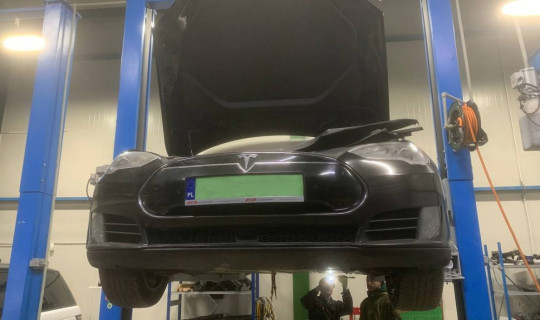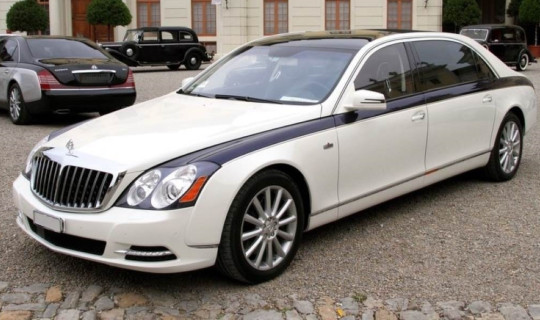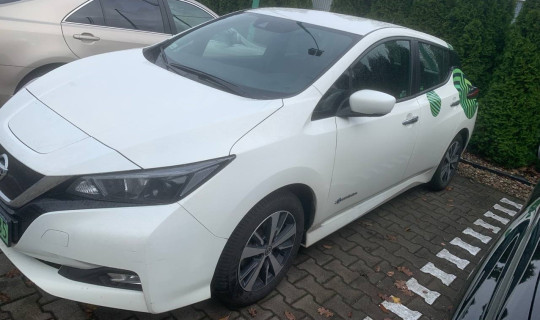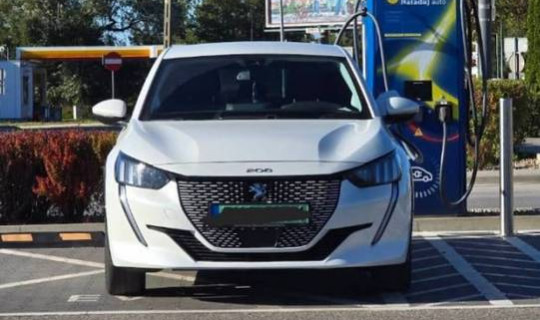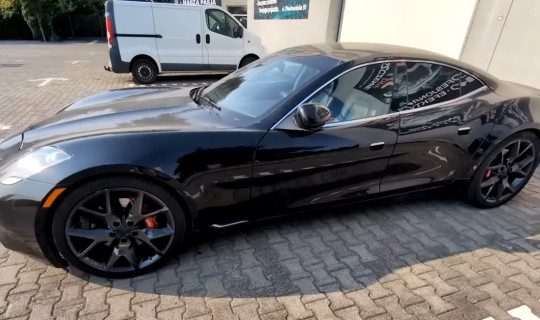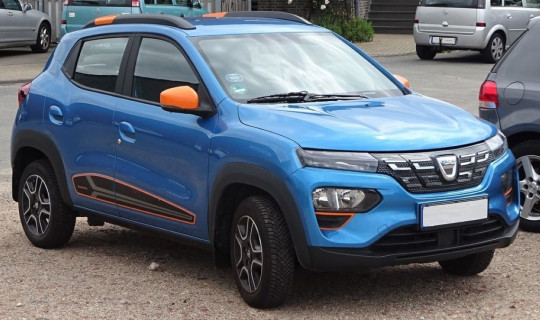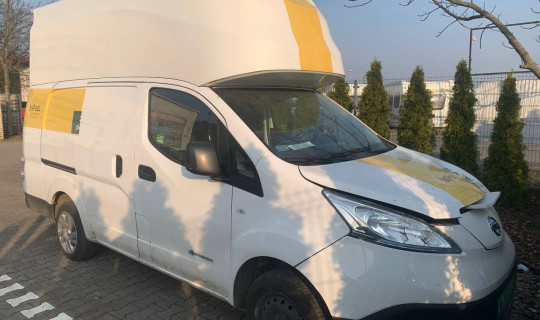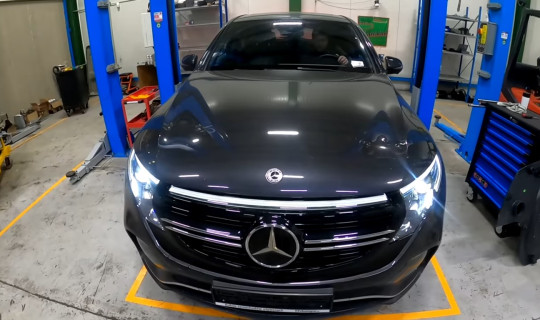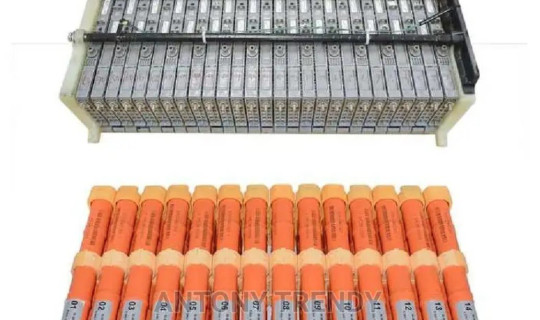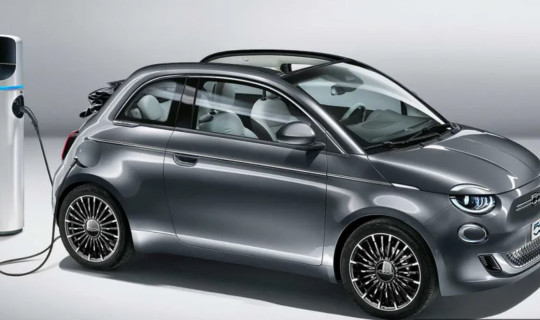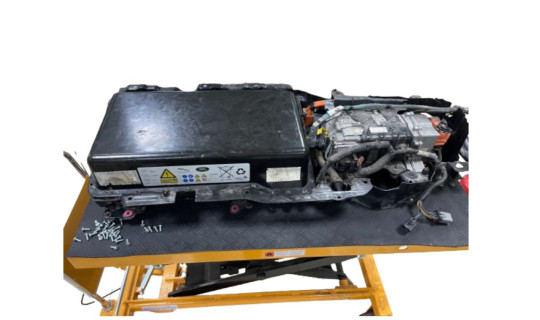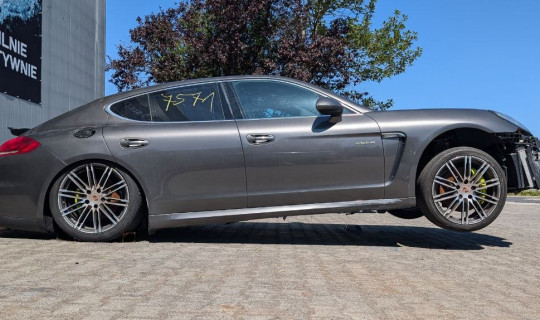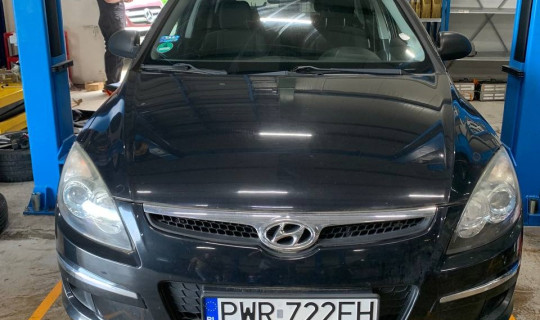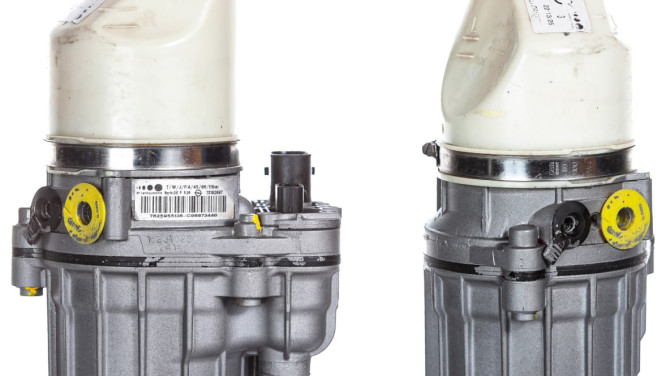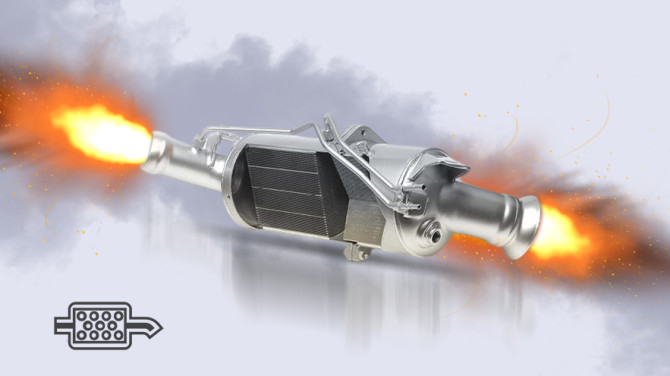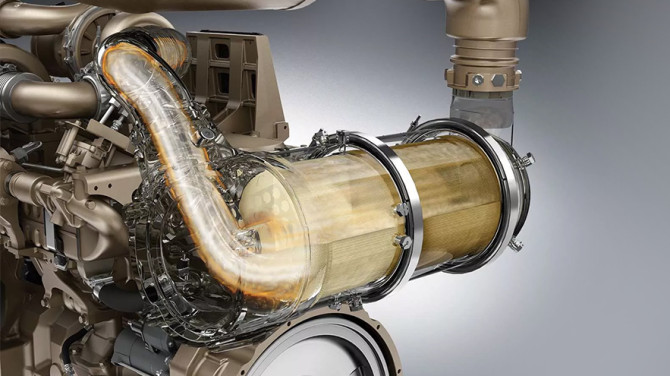Rinsing the DPF particulate filter
DPF cleaning for passenger cars only at a fixed price of 400 PLN
Find out the details of the offer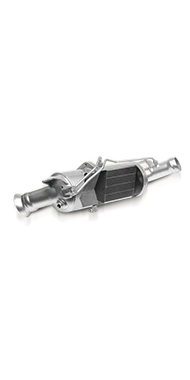
Choose a car
Top Cars for Chip Tuning
Alfa Romeo
159
Brera
Giulia
Giulietta
GT
MiTo
Stelvio
Audi
A1
Audi A1 2010 2014 8x 16 Tdi 105 Hp
Audi A1 2015 2017 10 Tfsi 82 Hp
Audi A1 8x 2010 2014 14 Tfsi 185 Hp
A2
A3
Audi A3 8l 1996 2003 18t 20v 180 Hp
Audi A3 8p 2003 2008 19 Tdi 105 Hp
Audi A3 8p 2008 2012 14 Tfsi 125 Hp
Audi A3 8v Mk1 2012 2016 14 Tgi G Tron 110 Hp
A4
Audi A4 B5 1995 2001 19 Tdi 110 Hp
Audi A4 B5 1995 2001 19 Tdi 90 Hp
Audi A4 B6 2001 2004 19 Tdi 130 Hp
Audi A4 B6 2001 2004 20 Fsi 150 Hp
Audi A4 B7 2004 2008 18 T 163 Hp
Audi A4 B7 2004 2008 20 Tdi 140 Hp
Audi A4 B8 2008 2011 20 Tdi Cr 136 Hp
Audi A4 B8 2008 2011 20 Tfsi 211 Hp
Audi A4 B8 2012 2015 20 Tdi Cr 120 Hp
A6
Audi A6 C5 1997 2004 25 Tdi 180 Hp
Audi A6 C6 2004 2008 30 Tdi 225 Hp
Audi A6 C6 2008 2010 20 Tdi 163 Hp
Audi A6 C7 2011 2018 20 Tdi 190 Hp
Audi A6 C7 2011 2018 30 Tfsi 300 Hp
Audi A6 C8 2018 45tfsi 20t 245 Hp
Audi A6 C6 2004 2008 42 Fsi 335 Hp
Audi A6 C7 2011 2018 20 Tfsi Hybrid 245 Hp
A7
Audi A7 4g 2010 2014 30 Tdi Quattro 204 Hp
Audi A7 4g 2014 2017 30 Tdi Fwd 190 Hp
A8
Audi A8 D2 1999 2003 25 Tdi 180 Hp
Audi A8 D3 2003 2010 42 Fsi 350 Hp
Q5
Audi Q5 8r 2008 2011 20 Tdi Cr 163 Hp
Audi Q5 8r 2008 2011 20 Tdi Cr 170 Hp
Audi Q5 8r 2012 2016 30 Tdi 258 Hp
Q7
Audi Q7 2006 2010 42 Fsi 350 Hp
Audi Q7 2010 2014 60 V12 Tdi 500 Hp
Q8
TT
BMW
M4
X1
Bmw X1 E84 2009 2012 18d 143 Hp
Bmw X1 E84 2012 2015 18i 150 Hp
Bmw X1 F48 2015 Sdrive18d 150 Hp
Bmw X1 E84 2009 2012 18d 143 Hp
X3
Bmw X3 E83 2004 2010 20d 163 Hp
Bmw X3 E83 2004 2010 30d 218 Hp
Bmw X3 F25 2011 2017 18d 143 Hp
Bmw X3 G0108 2017 Xdrive18d 150 Hp
X5
Chevrolet
Cruze
Orlando
Chrysler
Citroen
Berlingo
C-Crosser
C3
C4
C5
C5 Aircross
Jumpy
Nemo
Dacia
Dokker
Lodgy
DAF
Dodge
Fiat
Doblo
Ford
Fiesta
Ford Fiesta Mk5 2001 2008 14 Tdci 68 Hp
Ford Fiesta Mk6 2008 2012 14 Tdci 70 Hp
Ford Fiesta Mk7 2013 2017 15 Tdci 75 Hp
Ford Fiesta Mk8 2017 10t Ecoboost 100 Hp
Focus
Ford Focus 1998 2005 16i 16v 100 Hp
Ford Focus 2004 2010 16 Tdci 109 Hp
Ford Focus 2011 2014 10 Ecoboost 125 Hp
Ford Focus 2011 2014 20 St Ecoboost 250 Hp
Ford Focus 2014 2017 15 Tdci 105 Hp
Ford Focus 2018 10 Ecoboost 125 Hp
Fusion
Kuga
Honda
Civic
Hyundai
Infiniti
FX
Q30
Q50
QX70
Iveco
Jaguar
Jeep
Cherokee
Grand Cherokee
Jeep Grand Cherokee 2005 2011 30 Crd 218 Hp
Jeep Grand Cherokee 2005 2011 57 Hemi V8 357 Hp
Renegade
Kia
Lexus
Mazda
CX-3
CX-5
CX-7
CX-9
Mercedes-Benz
GLK
ML
SL
SLK
Mitsubishi
Nissan
Pathfinder
Opel
Astra
Corsa
Insignia
Signum
Vectra
Vivaro
Peugeot
208
Peugeot 208 2012 2015 16 T Hp 155 Hp
Peugeot 208 2015 16 Bluehdi 8v 100 Hp
Peugeot 208 2012 2015 Gti 16 T Hp 200 Hp
3008
406
407
508
Peugeot 508 Ph1 2010 2014 20 Hdi 163 Hp
Peugeot 508 Ph2 2014 2018 20 Bluehdi 150 Hp
Partner
RCZ
Renault
Seat
Ibiza
Leon
Toledo
Skoda
Subaru
Toyota
Volvo
S40
S60
V40
V50
VW
Amarok
Golf
Volkswagen Golf Golf 5 2003 2008 14i 16v 75 Hp
Volkswagen Golf Golf 5 2003 2008 20 Tfsi Gti 200 Hp
Volkswagen Golf Golf 6 2009 2012 20 Tdi Cr Gtd 170 Hp
Volkswagen Golf Golf 7 2012 2016 12 Tsi 105 Hp
Volkswagen Golf Golf 7 2012 2016 14 Tsi 125 Hp
Volkswagen Golf Golf 7 2012 2016 14 Tsi Gte 204 Hp
Passat
Volkswagen Passat B5 1996 2005 19 Tdi 90 Hp
Volkswagen Passat B6 2005 2010 20 Tdi 140 Hp
Volkswagen Passat B7 2010 2014 20 Tdi Cr 136 Hp
Volkswagen Passat B8 2014 2019 16 Tdi Cr 120 Hp
Phaeton
Polo
T-Roc
Tiguan
Volkswagen Tiguan 2007 2011 20 Tdi Cr 110 Hp
Volkswagen Tiguan 2011 2015 20 Tdi Cr 140 Hp
Volkswagen Tiguan 2016 14 Tsi 150 Hp
Volkswagen Tiguan Nz 2007 2011 20 Tfsi 200 Hp
Touareg
Volkswagen Touareg 2002 2007 30 Tdi 211 Hp
Volkswagen Touareg 2015 2018 30 Tdi 204 Hp
Volkswagen Touareg 2018 30 Tdi 286 Hp
Touran
Where to find us
Brands we work with

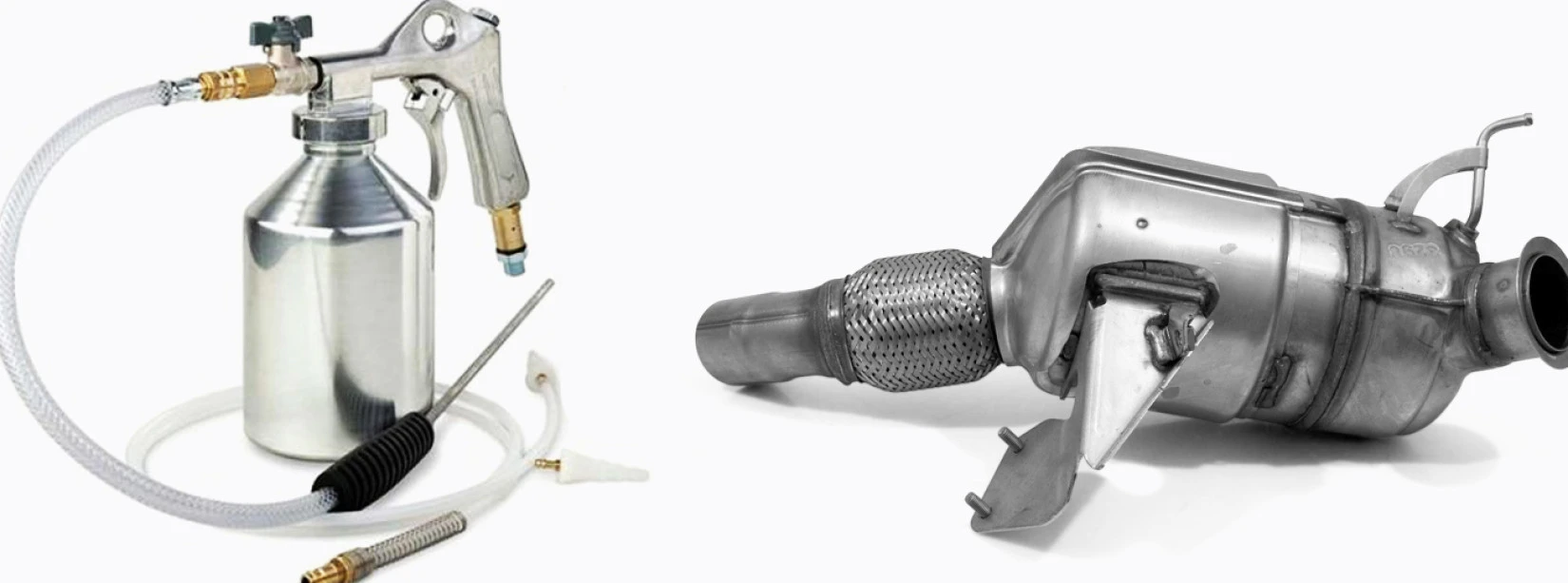
Diesel Particulate Filter
In modern vehicles, great attention is paid not only to power and efficiency but also to environmental protection. To ensure that the exhaust gases of internal combustion engines meet the standards, aggregates that were not previously present are now installed. One such unit is the soot filter, which helps to trap harmful carcinogenic substances. Although it is designed to regenerate automatically, the appropriate conditions for this do not always arise. And then car owners need the service of cleaning the diesel particulate filter in Warsaw.
What is a Diesel Particulate Filter (DPF / FAP)
The exhaust gases coming from a car engine contain many different substances. Some of them are practically harmless - these are nitrogen, water vapor, and carbon dioxide, while others are toxic (nitrogen oxides, hydrocarbons, aldehydes), but they are dealt with by catalytic converters that have long been installed on cars to neutralize exhaust. And there are also carcinogens, the release of which into the atmosphere is extremely undesirable. Soot belongs to these.
Soot is a special form of carbon that has a low degree of crystallinity. It is formed from the incomplete combustion of hydrocarbons, which are all petroleum and gas fuels. The more active hydrogen from these substances burns first, and the released carbon atoms combine with each other, forming soot crystals. This situation mainly occurs in diesel engines, as their working chambers have a lower temperature. The fuel in them ignites not from ignition, as in gasoline engines, but from compression.
Although soot in the exhaust is usually no more than 1%, it brings many problems - from the black color of gases to oncological diseases. Therefore, all diesel cars that meet Euro-4 and above standards must use a soot filter - a unique unit that not only captures but also neutralizes harmful substances by oxidizing them. Depending on the type of installation, they are called DPF (from English Diesel Particulate Filter) or FAP (from French Filtre a Particules). In addition, they differ in the type of action:
- DPF is installed closer to the engine; it burns soot by increasing the temperature of gases.
- FAP stands in the middle of the exhaust tract; combustion occurs with the help of special catalyst substances.
Sensors signal the need to burn accumulated soot: temperature and differential pressure sensors. Regular regeneration of the diesel particulate filter in Warsaw ensures a long service life - up to 150-180 thousand km of mileage.
Why the Soot Filter Gets Clogged
The self-cleaning process of the filter is triggered exclusively by the engine control unit under appropriate conditions. Even if soot has accumulated in the DPF/FAP, the electronics will not turn on regeneration if:
- There is little fuel in the tank;
- The sensors are faulty;
- The EGR valve is clogged;
- The exhaust gas temperature is low.
The driver can force regeneration, but not by pressing a button, but by moving uniformly and for a long time at equally high engine speeds. Since this is also not always possible, the soot filter often gets clogged - it stops cleaning, and over time, stops letting exhaust gases pass through.
What to Do if the DPF is Clogged
In case of failure of the diesel particulate filter, there are three options for solving the problem:
- Installing a new filter. Not suitable for everyone, as the cost of an original filter can be compared to half the residual value of the car.
- Removing the DPF. Illegal, as the car no longer meets environmental standards.
- Washing the diesel particulate filter in Warsaw at a service station. The most appropriate and practical method.
Quality cleaning restores the performance of the exhaust system without changing the factory parameters of the engine. However, to achieve maximum effect, washing should be carried out professionally, with the dismantling of the unit and the use of professional equipment.
How DPF Cleaning in Warsaw is Performed
Today, there are several ways to clean DPF from soot in car workshops. One of the most popular is washing filters using chemicals. The unit is soaked in a special solution that dissolves soot. There are even methods that allow not to dismantle the soot filter from the exhaust system. The liquid is poured into the sensor hole and then flows out of the exhaust pipe by gravity.
Its advantages are in the simplicity of use and short-term problem solving. The disadvantages are significant: the substances are toxic and can harm both the environment and the person performing the procedure. At the same time, there is no method that would allow checking how well the filter has been cleaned.
Another service gaining popularity is the repair of diesel particulate filters in Warsaw using hydrogen. While it can still be conditionally considered effective for deposits in the engine and car systems (such as carbon deposits, varnish, sludge), it is pointless to use hydrogen to remove soot. It will not be able to enter into a chemical reaction with carbon crystals.
STS company uses special equipment developed by its own brand - the MS900 stand - to wash soot filters of all types (DPF, FAP, GPF). In it, cleaning is carried out using water and compressed air. This does not harm the environment and also guarantees the effectiveness of the process.
Advantages of DPF Cleaning at STS Company
The equipment we use cleans soot filters using the pneumohydraulic method: water flows move in different directions under the action of air pulses. This allows for quality washing of filter honeycombs, which consist of dead ends where soot accumulates. Other advantages of our stand:
- Speed of work execution. Unlike soaking in chemicals, which requires 8-12 hours, we wash filters in 2-3 hours.
- Full cycle. The stand consists of 3 modules that allow diagnosing, washing, and drying the DPF without removing it.
- Versatility. We clean any filters, both for passenger cars and trucks.
- Informativeness. Our equipment allows assessing the degree of filter contamination before and after the procedure, with information output to the screen and in printed or electronic form.
The condition of the filters restored by us is no different from new ones - neither in terms of throughput nor in terms of residual resource. At the same time, the price of cleaning a diesel particulate filter in Warsaw is much lower than the cost of a new filter.
